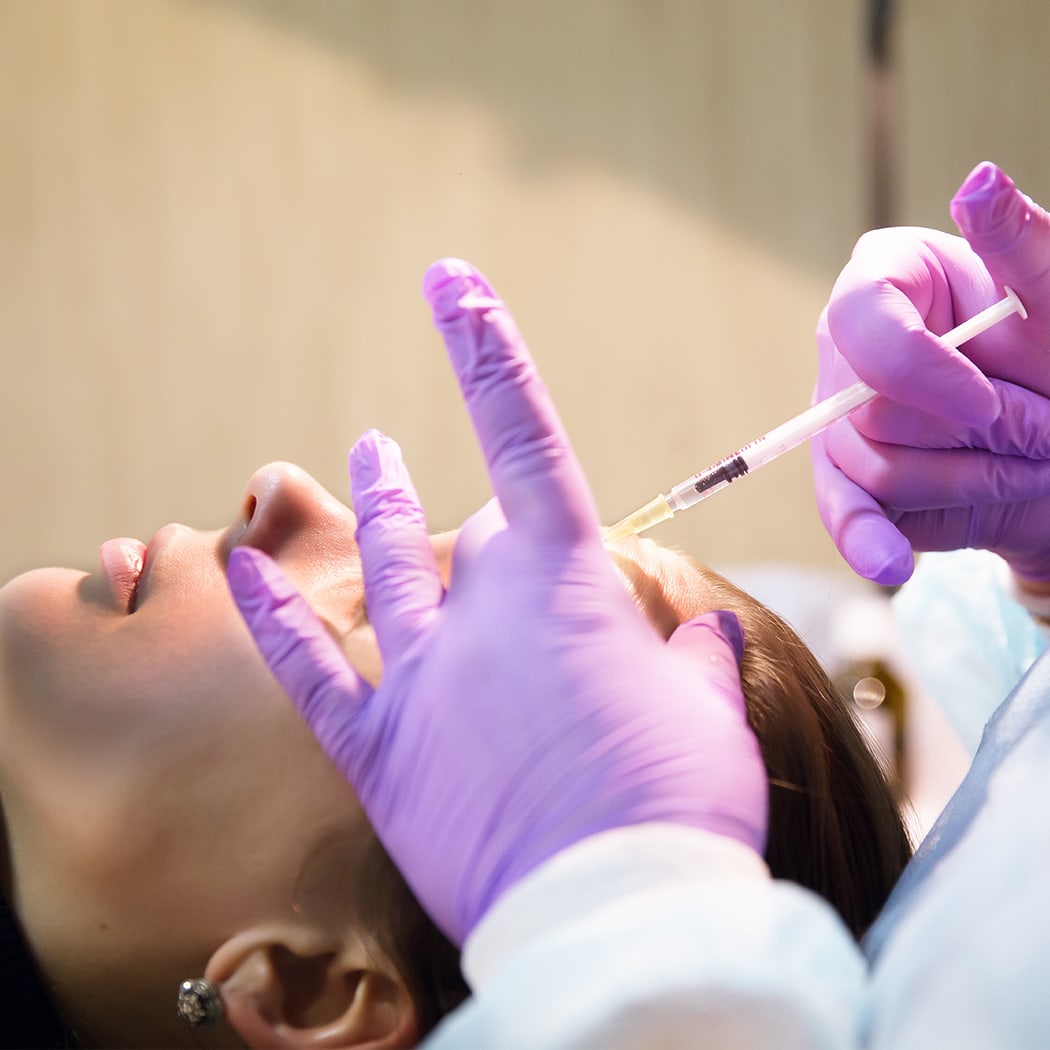Glycolic peeling is a chemical peeling using glycolic acid derived from sugar cane.
Your skin is cleaned with an acidified gel, dried thoroughly with napkins, and then glycolic acid is applied to it. Feelings from a light pricking to a more intense burning sensation depend on the sensitivity of the skin. During the peeling, the doctor is observing the process and, should the need arise, applies a neutralizer and washes off the peeling with water.
The number of procedures depends on the complexity of the problem being solved – to refresh the skin or erase the aging signs. For simple tasks, probably 1 course of procedures will be enough, to solve more difficult problems – wrinkles, reduced tone, acne and post-acne – one is going to need many procedures. The frequency of procedures is 1 time in 7-14 days. It is advisable not to lengthen the period for more than 14 days between procedures in order not to roll back in achieving the cumulative effect of the course of glycol peels.
Glycolic acid belongs to alpha-hydroxy acids, which have gained popularity in modern cosmetics due to their unique abilities to refresh the skin and improve its structure. Fruit acids have been used in cosmetology for about 200 years, glycolic acid is the youngest and most progressive – it came to the service of youth and beauty in 1996.
Our skin is heterogeneous in structure and consists of the upper layer – the epidermis and the deep layer – the dermis, which are separated by a dense basement membrane that does not allow anything foreign to the skin. Glycolic peeling increases the permeability of the basement membrane – it opens “windows” through which the necessary substances for moisturizing, rejuvenating, lightening and toning enter the deep layers of the skin.
